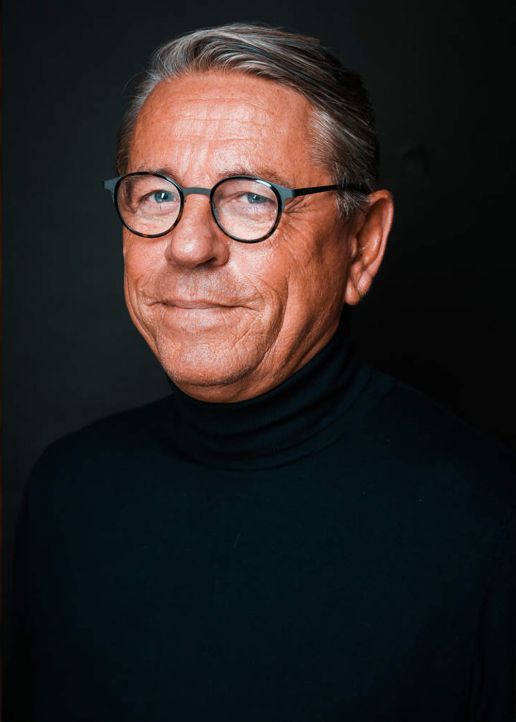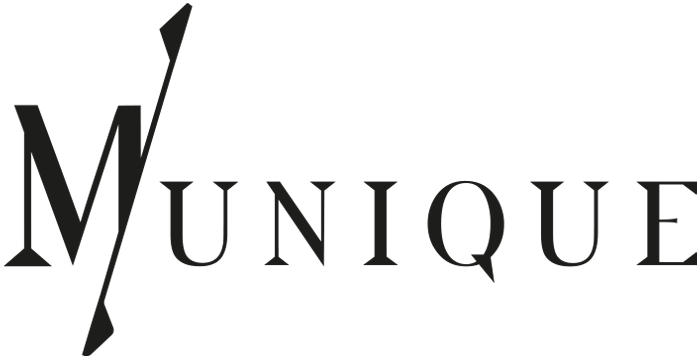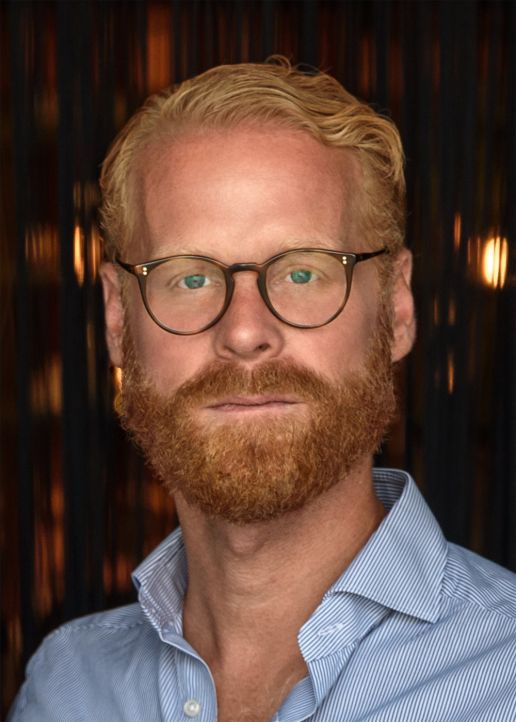
About sustainability, digitalization, transparency, the increasing demand for information and the desire to inspire.
In many areas of the textile and fashion industry, a rethinking is currently taking place. How much does this reorientation change the image of MUNICH FABRIC START?
Sebastian Klinder: We have anticipated the upcoming changes and reacted extremely progressively, very early on. With the creation of KEYHOUSE four years ago, we took a clear position and emphasized that sustainability and digitalization will change processes. That a new awareness in dealing with resources must be demanded. And most importantly, that progress and sustainability can only work in harmony. Against this background, the trade fair has developed further. Step by step. Very consistently. But always with the support and in partnership with our exhibitors and visitors. There is a great understanding and acceptance, which we experience time and time again and of course we are very grateful for this.
Frank Junker: I would like to add at this point that all these challenging issues are also about credibility. About certainty. We rely on transparency and information. We do not dictate, but instead we inspire and motivate. We want to inspire our exhibitors and visitors with the topics of the future and awaken understanding. This is also what the current leading theme ‘THRIVABILITY’ stands for.
How do you as a trade fair deal with the topic of sustainability?
Sebastian Klinder: We have set up special information points for the upcoming trade fair, staffed by specialists who will provide information and answers to fundamental questions. In addition, we have developed a very comprehensive icon label system that ensures the samples in the forums and areas are as ‘transparent’ as possible by outlining the sustainable and technical functions. This system will also provide information about the composition, origin and properties of the fabrics and additionals.
Frank Junker: We also work consistently and with great conviction to take sustainable measures in terms of equipment. For example, we use recyclable carpets, reusable, colour-neutral and high-quality materials for stand construction and in the forums. Only water-soluble colours without additives are used. The light sources are primarily energy-saving. In terms of gastronomy, we take care to source locally from the region.
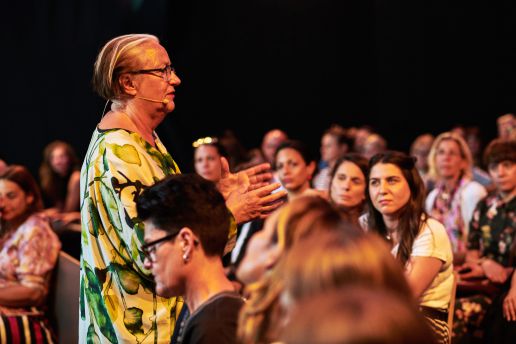
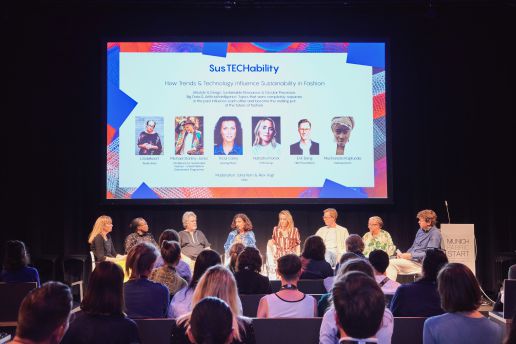

Is there a risk that with all these overarching themes, fashion, trends and the product… is neglected?
Sebastian Klinder: Amidst current media coverage and the numerous strategically dominated discussions, the impression can easily arise that the heart of MUNICH FABRIC START, namely the fabric and the fashion trends launched with it, will be pushed into the background. This is not the case. In our thinking, in all our forums and installations everything revolves around the fabric and its significance for one of the largest and most important industries worldwide – only much more complex than in the past. More than ever, it is about an integrated offering that is now broader. Ultimately, it’s about circular economy in the best sense along the entire textile pipeline reaching retailers and thus also the consumer. It is important to depict this complexity.
MUNICH FABRIC START offers a very comprehensive event programme supported by experts.
Frank Junker: These proven seminars, one of them being the trend lecture by Li Edelkoort which will now take place for the sixth time, as well as the numerous international panel discussions and keynotes in KEYHOUSE and BLUEZONE are attracting more visitors from season to season. This large and positive response shows very clearly how important high-quality, condensed information is – and thus ultimately communication. We at MUNICH FABRIC START see ourselves as initiators of a business platform for the industry. Our task is to initiate holistic cooperations and to set impulses. And last but not least, in cooperation with strong partners, to provide answers to the questions of tomorrow.
